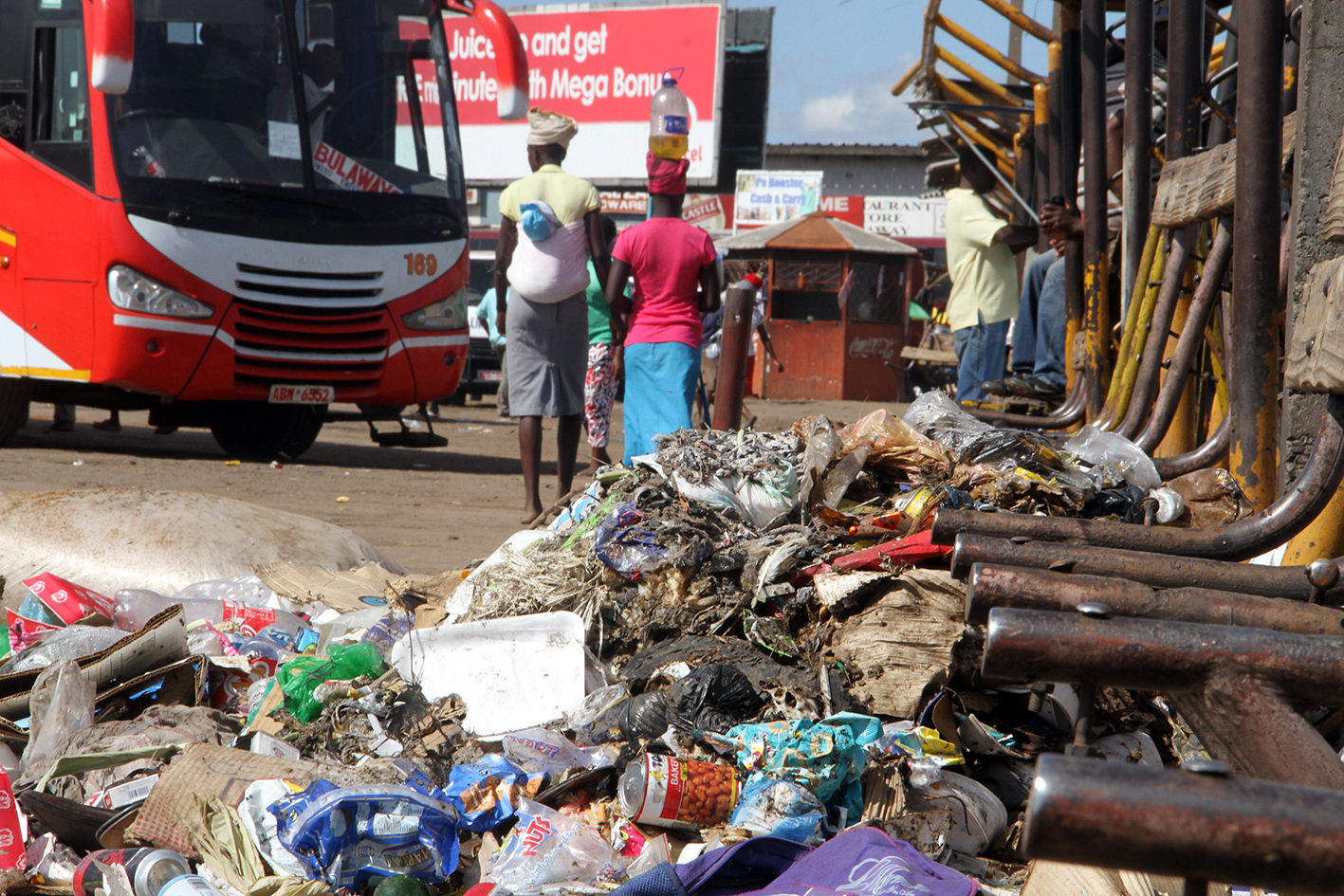
The Sunday Mail

Africa Moyo Senior Business Reporter
As the 2018/2019 summer cropping season fast approaches, Agribank has said it expects to lend US$125 million to farmers this year, thereby surpassing its initial target of US$105 million.
This comes as the Reserve Bank of Zimbabwe (RBZ) is also expected to set up a new US$85,3 million enhanced facility for lending to small-scale tobacco farmers.
President Mnangagwa recently raised concern over local banks’ general disinterest in supporting the agricultural sector with affordable, long-term loans to boost the key sector. In his address during the 6th Annual Agribusiness Conference held concurrently with the recently concluded Harare Agricultural Show, President Mnangagwa implored financial institutions to tweak their lending structures to allow farmers to access affordable loans to grow the agricultural sector.
Last year’s monetary policy introduced a ceiling of 12 percent per annum on lending rates. Farmers say they are struggling to access fairly priced loans, making it difficult for them to increase hectarage, which in turn threatens food security and prevents the country from boosting its manufacturing sector.
The manufacturing sector depends on agriculture for about 60 percent of its raw materials.
Last week, Agribank chief executive officer Mr Sam Malaba said the bank is broadening its support towards agriculture with a view of optimising the critical role played by the sector.
“Support to agriculture is at the core of the bank’s mandate for food security and value addition. The bank is expanding support to the agriculture sector, and is likely to surpass its initial set target of US$105 million and achieve US$125 million agriculture financing, inclusive of both on and off balance sheet financing. To date, total lending to agriculture amounted to US$80 million (and) financing is being extended to major sub-sectors of the agriculture sector such as tobacco, maize, soya, horticulture as well as the critical fertilisers and chemical industries that support agriculture with inputs,” said Mr Malaba.
Agribank experienced significant growth of its loan book in the second quarter of this year, spurred by the agriculture portfolio. The bank expects sustainable growth in interest income to year-end. As at June 30, 2018, loans and advances were at US$135 million, representing a 41 percent jump from US$95,89 million by December 31 last year. The RBZ also set up a US$28 million facility for lending to small-scale tobacco farmers through Agribank and the Tobacco Industry and Marketing Board (TIMB). The facility targeted 18 000 smallholder farmers who were to be capacitated with seeds and fertilisers, motorbikes and technical services.
Tobacco, together with gold, are the key foreign currency generators for the country, hence the release of funds. Agribank concluded a number of deals with tobacco merchants for the financing of their out-grower schemes, a move that has helped in foreign currency generation.
Given the need to generate more foreign currency to enable the country to make foreign payments for critical raw materials for industry, fuel and drugs, the RBZ is setting up a new US$85,3 million enhanced facility for lending to small-scale farmers. The facility is being offered to TIMB through Agribank to finance procurement of inputs and working capital requirements to increase tobacco production.
Mr Malaba confirmed the development, adding that about US$66,2 million from this facility will go towards procurement of inputs for the production of tobacco covering an area of 51 000 hectares.
“. . . inputs worth US$15,3 million covering 11 000ha have already been purchased and are now being distributed. The remainder (of) inputs are yet to be secured and will cover 40 000ha benefiting the small-scale tobacco farmers,” he said.
The balance of US$19,1 million is earmarked to fund the development and enhancement of tobacco infrastructure (curing and irrigation) by eligible small-scale tobacco farmers.
Banks under the microscope
Some banks continue to take a back seat in agricultural funding, with some claiming that farmers do not have bankable projects.
Other banks are claimed that farmers are not in the habit of paying loans, which has reportedly affected their operations. But President Mnangagwa believes that if the sector is to grow, local banks must extend loans to farmers at reasonable interest rates.
“May I humbly request you (bankers) to come on board. What I mean is, may you make your financial service sector accessible and favourable to the current environment to make our economy grow, not introduce policies and practices that stifle that growth as a result of a desire to make maximum profits.
“I therefore call upon financiers to redesign their financing models with a view to make their packages accessible and affordable to our people in all subsectors of the economy,” said President Mnangagwa.
He also encouraged beneficiaries of agro-finance schemes to honour their obligations, adding that the prevalence of non-performing loans must be a thing of the past in the Second Republic. The Bankers Association of Zimbabwe says it is ready to extend loans to farmers holding 99-year leases from this summer cropping season.
Bankers have been rejecting the 99-year leases, claiming they were not bankable.
The banking sector has US$8,2 billion in deposits and reports suggest that US$6,7 billion has been issued out as loans to various institutions and individuals.
Commercial loans took close to US$3 billion, but it is unclear what percentage of that went to farmers.






